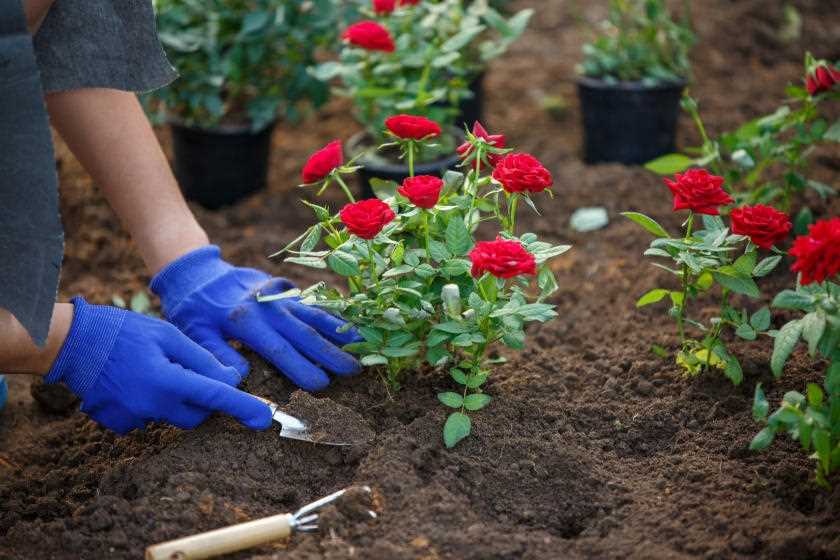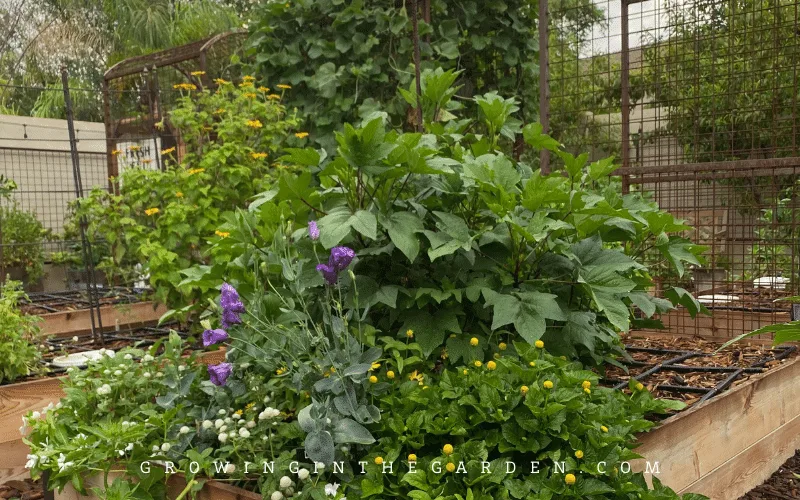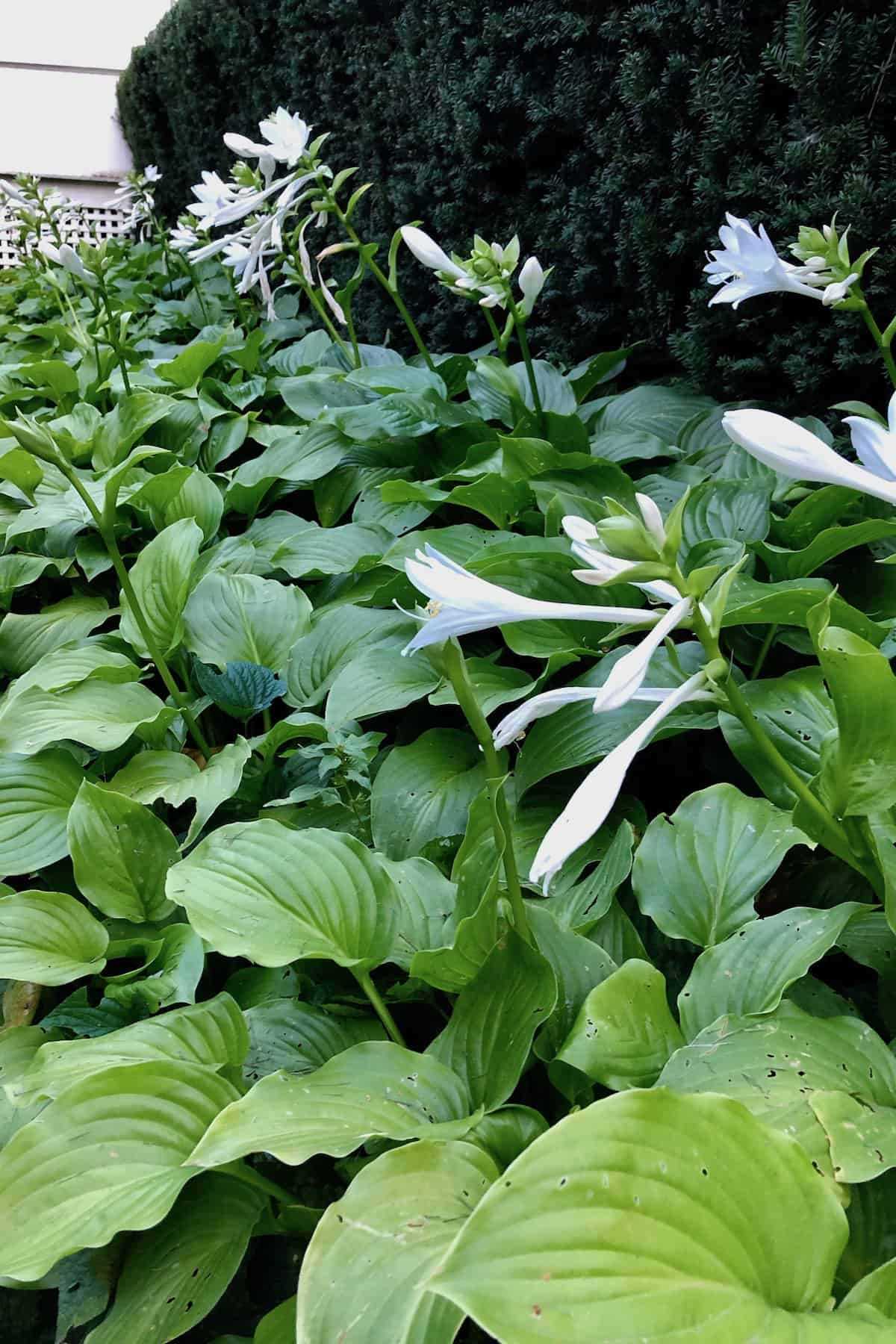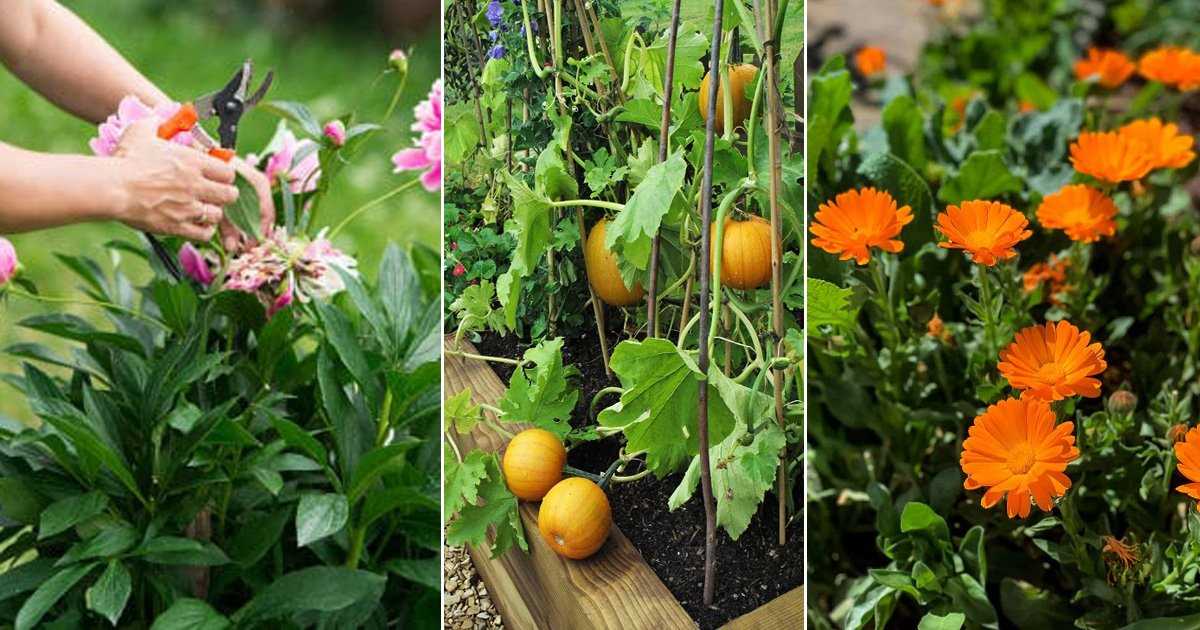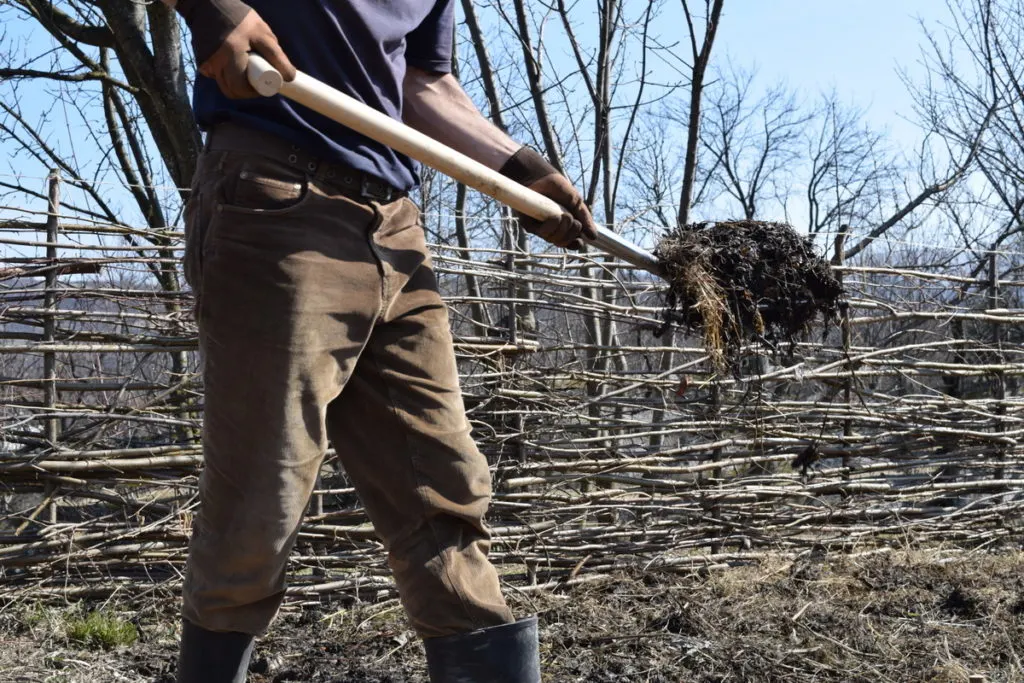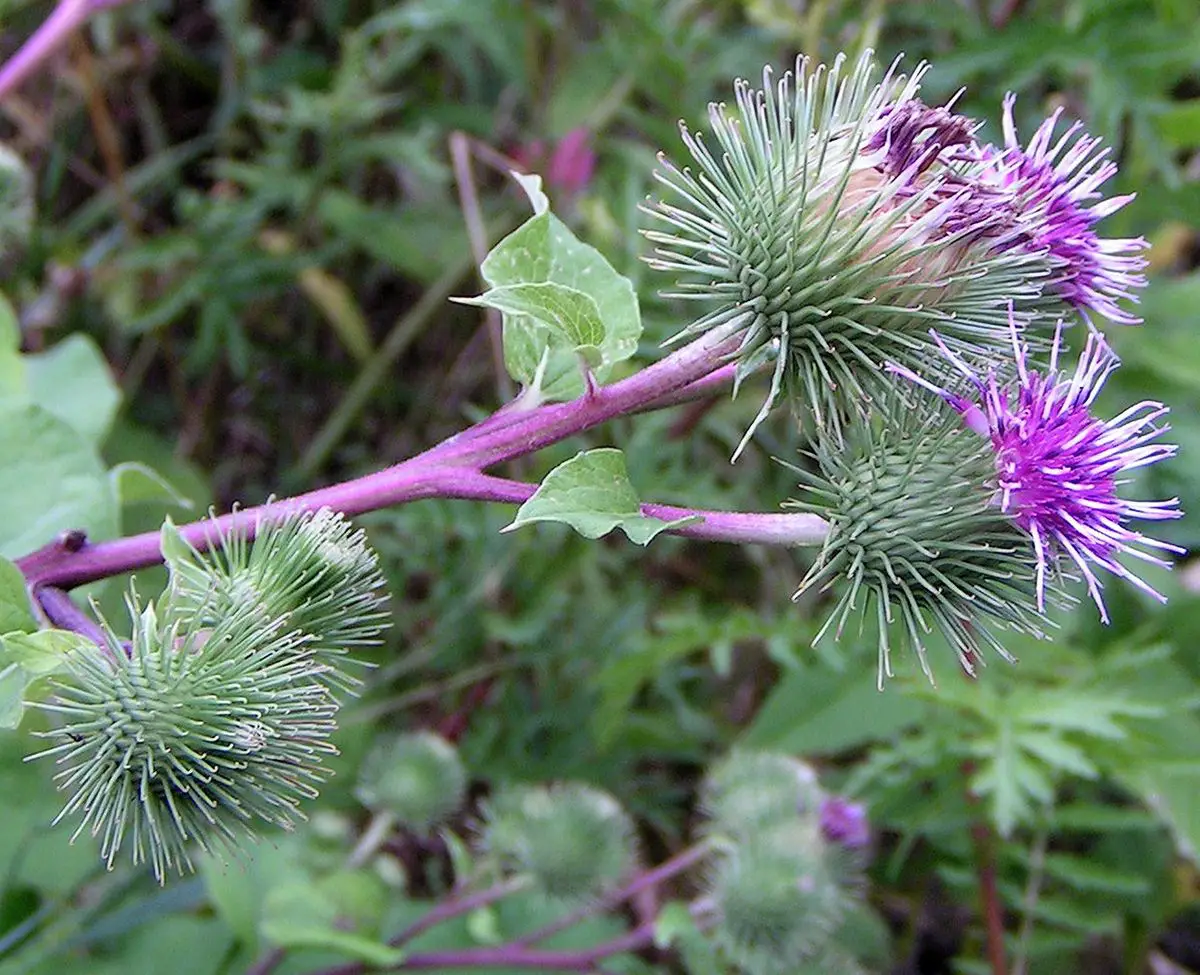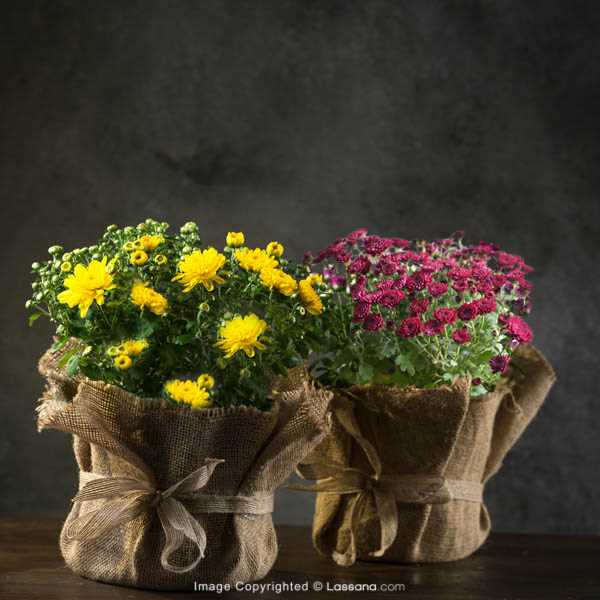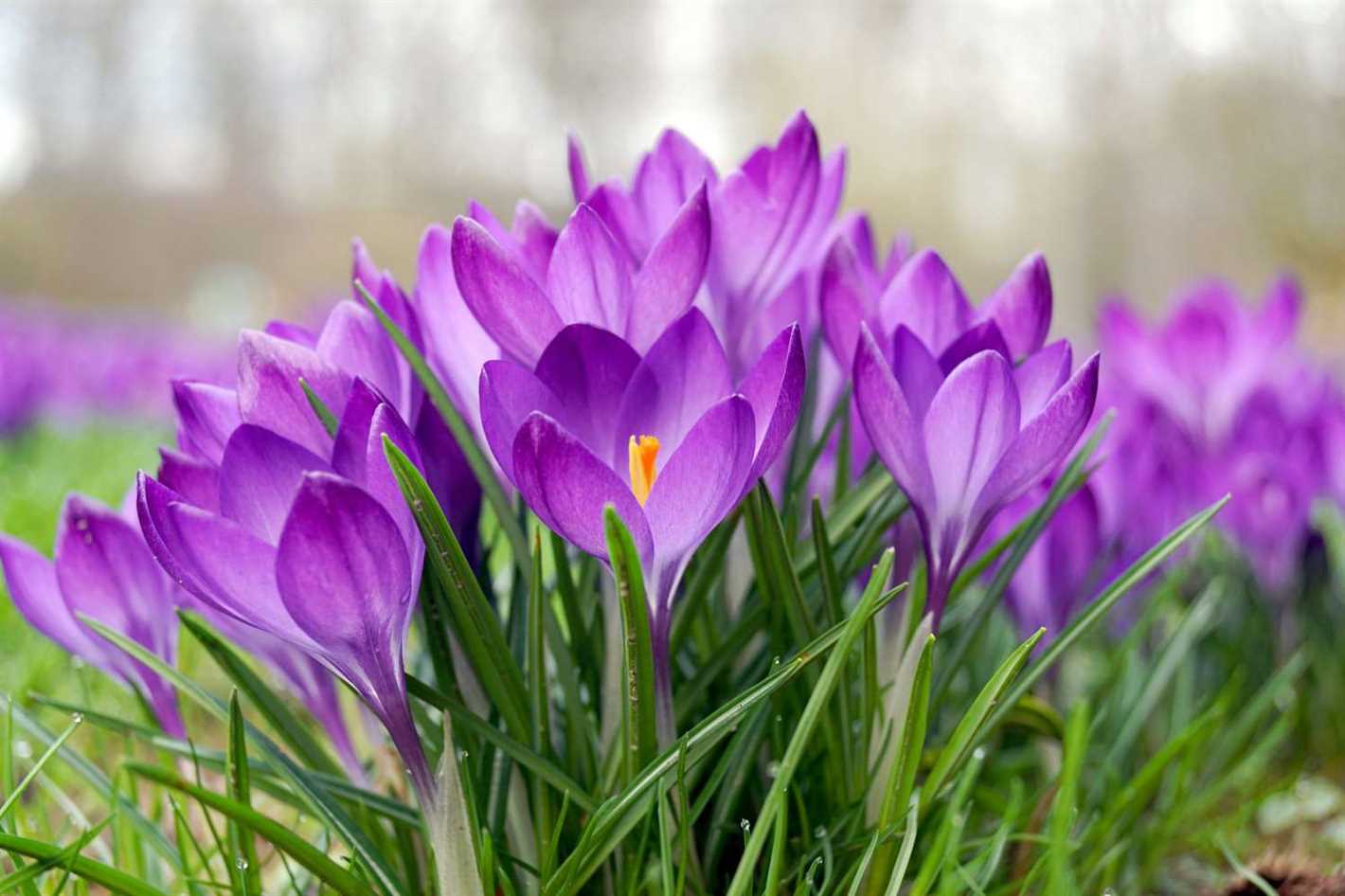- Tips for Successful Ampel Petunia Sowing
- 1. Choose high-quality seeds
- 2. Start with the right soil
- 3. Provide proper lighting
- 4. Maintain consistent moisture
- 5. Avoid overcrowding
- 6. Maintain ideal temperature
- 7. Provide proper ventilation
- 8. Transplant carefully
- 9. Harden off before planting outdoors
- Common Mistakes That Prevent Seed Germination
- 1. Planting Seeds Too Deep
- 2. Overwatering
- 3. Using Poor Quality or Old Seeds
- 4. Inadequate Light
- 5. Incorrect Temperature
- 6. Lack of Patience
- Choose the Right Seeds
- Provide Adequate Lighting
- Proper Soil Preparation
- Ensure Proper Moisture Levels
- Monitor Temperature
- Avoid Overcrowding
- Regularly Check for Pests
- Be Patient and Gentle with Transplanting
- Here are a few tips to help you with the transplanting process:
- Questions and Answers:
- Why are my Ampel Petunia seeds not germinating?
- What is the optimal depth to plant Ampel Petunia seeds?
- How often should I water Ampel Petunia seeds?
- Can I use any type of soil to sow Ampel Petunia seeds?
- How long does it usually take for Ampel Petunia seeds to germinate?
- Can I start Ampel Petunia seeds indoors?
- Videos: ★ How to: Grow Petunia from Seed in Containers (A Complete Step by Step Guide)
When it comes to growing ampel petunias from seed, there are several common mistakes that can prevent successful germination. Whether you’re a beginner or experienced gardener, it’s important to understand the key factors that influence seed germination and take the necessary steps to ensure a healthy start for your petunias.
Choosing the right soil is crucial for ampel petunia seeds to germinate properly. They require a light, well-draining soil mix that retains moisture without becoming waterlogged. Avoid using heavy or clay soils as they can suffocate the delicate seedlings.
Providing the optimal temperature is another important factor in successful seed germination. Ampel petunia seeds need a warm environment with temperatures between 70-75°F (21-24°C) to sprout. If the temperature is too low, the seeds may take longer to germinate or fail altogether.
Proper watering technique is essential for seed germination. While it’s important to keep the soil consistently moist, overwatering can drown the seeds and lead to rot. A good rule of thumb is to water when the top inch of soil feels dry, and then water thoroughly until excess water drains from the bottom of the container.
By avoiding these common mistakes and following these tips, you can greatly increase your chances of successful ampel petunia seed germination. Remember to be patient as it can take anywhere from 7-21 days for the seeds to sprout. With proper care and attention, you’ll soon be rewarded with beautiful cascading petunias.
Tips for Successful Ampel Petunia Sowing
Growing ampel petunias from seeds can be a rewarding experience, but it’s important to avoid common mistakes that can prevent successful germination. Follow these tips to ensure the best results:
1. Choose high-quality seeds
When selecting ampel petunia seeds, make sure to choose high-quality seeds from a reputable supplier. Look for seeds that are fresh, plump, and free from mold or damage.
2. Start with the right soil
Use a well-draining soil mix specifically formulated for seed starting. Avoid heavy soils that can retain too much moisture, as this can lead to rot and fungal diseases. A light and fluffy soil mix will promote healthy root development.
3. Provide proper lighting
Ampel petunias require plenty of light to germinate and grow successfully. Place your seed trays or pots in a bright location, such as a sunny windowsill or under grow lights. Aim for at least 12-14 hours of light per day.
4. Maintain consistent moisture
Keep the soil evenly moist throughout the germination process. Water the seeds gently from the bottom to avoid disturbing them. Avoid overwatering, as this can cause seeds to rot. Use a spray bottle or mister to keep the soil moist without saturating it.
5. Avoid overcrowding
When sowing ampel petunia seeds, make sure to space them apart to allow room for growth. Crowded seedlings are more prone to diseases and competition for light and nutrients. Follow the recommended spacing guidelines provided by the seed supplier.
6. Maintain ideal temperature
Ampel petunias prefer warm temperatures for germination, typically between 70-75°F (21-24°C). Use a heating mat or place your seed trays in a warm location to provide the optimal temperature range.
7. Provide proper ventilation
Good air circulation is important for preventing fungal diseases and promoting healthy growth. Use a small fan or open a nearby window to provide gentle airflow in the growing area. Be careful not to place the fan too close to the seedlings to avoid drying them out.
8. Transplant carefully
Once your ampel petunia seedlings have developed true leaves and are large enough to handle, transplant them into individual pots or hanging baskets. Handle the seedlings by their leaves to avoid damaging the delicate stems. Transplant them into well-draining potting soil and water gently.
9. Harden off before planting outdoors
Before planting your ampel petunias in their final outdoor location, gradually acclimate them to the outdoor conditions. Place them outside in a sheltered location for a few hours each day, gradually increasing the time and exposure to direct sunlight. This process, called hardening off, helps the seedlings adjust to the outdoor environment.
By following these tips, you can increase your chances of successful ampel petunia seed germination and enjoy a beautiful display of cascading flowers in your garden or hanging baskets.
Common Mistakes That Prevent Seed Germination
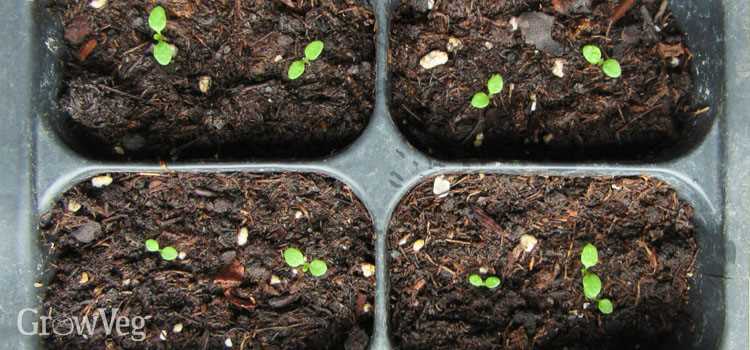
When it comes to sowing ampel petunia seeds, there are a few common mistakes that can prevent successful germination. By avoiding these pitfalls, you can improve your chances of a bountiful petunia crop.
1. Planting Seeds Too Deep
One common mistake is planting the seeds too deep in the soil. Petunia seeds are tiny and require light to germinate. If they are buried too deep, they may not receive enough light and may fail to sprout. Make sure to lightly press the seeds onto the surface of the soil or cover them with a very thin layer of vermiculite to provide them with the necessary light.
2. Overwatering
Another mistake that can impede seed germination is overwatering. While it’s important to keep the soil consistently moist, drowning the seeds in excessive water can inhibit germination. The soil should be moist but not waterlogged. It’s best to water from the bottom by placing the containers in a tray of water and allowing the soil to soak up moisture through the drainage holes.
3. Using Poor Quality or Old Seeds
The quality of the seeds you use is crucial for successful germination. Using poor quality or old seeds can significantly decrease the chances of successful germination. Always try to purchase fresh, high-quality seeds from reputable sources. If you have old seeds, you can do a germination test to see if they are still viable before sowing them.
4. Inadequate Light
Ampel petunias require sufficient light to germinate and grow properly. Placing the seeds in a dark or poorly lit area can prevent them from germinating. Make sure to provide adequate light by placing the seeds in a bright location or using grow lights to supplement natural light.
5. Incorrect Temperature
The temperature plays a critical role in seed germination. If the temperature is too high or too low, the seeds may not germinate or may have a significantly lower germination rate. It’s essential to provide the seeds with the optimal temperature range specified for the particular petunia variety you are sowing.
6. Lack of Patience
Lastly, it’s important to be patient when waiting for petunia seeds to germinate. Some varieties may take longer to sprout than others, and fluctuations in temperature or environmental conditions can also affect the germination time. Be sure to follow the recommended germination time for the specific petunia variety you are sowing, and don’t give up too soon.
By avoiding these common mistakes and providing optimal conditions for seed germination, you can increase your chances of success and enjoy a beautiful display of ampel petunias.
Choose the Right Seeds
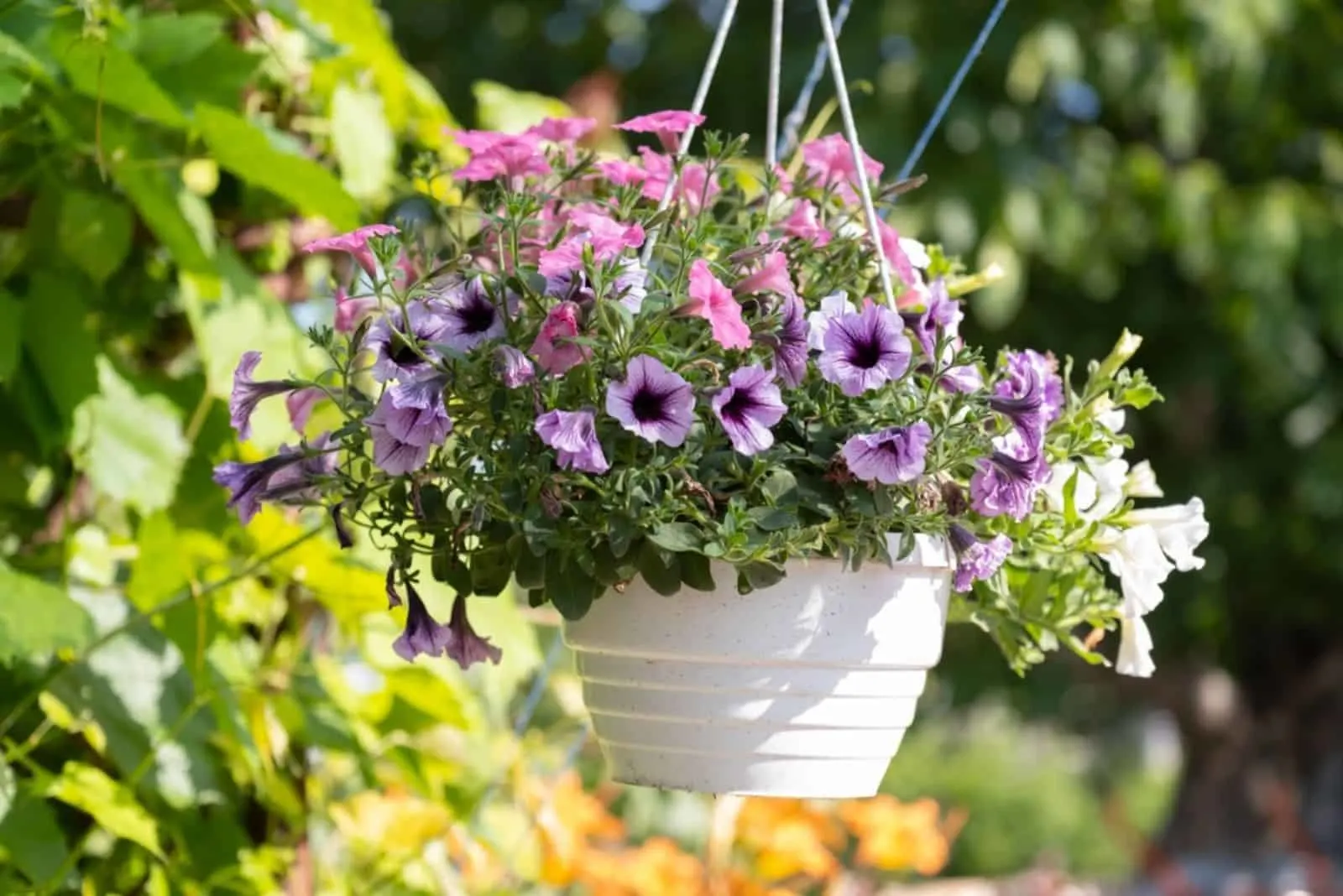
Choosing the right seeds is an important step in successful ampel petunia sowing. Here are some tips to help you choose the right seeds:
- Look for high-quality seeds: When buying seeds, make sure to choose reputable seed suppliers. High-quality seeds have a higher germination rate and are more likely to produce healthy plants.
- Consider the variety: Ampel petunias come in different varieties, each with its own specific characteristics. Consider factors such as plant size, flower color, and growth habit when choosing your seeds to ensure they fit your preferences and expectations.
- Check the seed packet information: Seed packets contain important information about the seeds, including planting instructions, germination time, and specific requirements. Read the packet carefully to ensure you have all the necessary information for successful sowing.
- Opt for fresh seeds: Fresh seeds have a higher germination rate compared to older seeds. Check the seed packet or ask the supplier about the age of the seeds before making a purchase.
- Consider hybrid or heirloom seeds: Hybrid seeds are bred for specific traits and offer improved characteristics such as disease resistance or unique flower colors. Heirloom seeds, on the other hand, are open-pollinated and have traits inherited from previous generations. Both types have their advantages, so consider your preferences and needs when choosing between hybrid and heirloom seeds.
By choosing the right seeds, you can maximize your chances of successful ampel petunia sowing and ensure the growth of healthy and vibrant plants.
Provide Adequate Lighting
In order for ampel petunia seeds to germinate successfully, it is essential to provide them with adequate lighting. This plant requires bright, indirect light to grow healthy and strong. Lack of proper lighting is one of the common mistakes that prevent seed germination.
When sowing ampel petunia seeds, place the seed trays or pots in a location where they will receive at least 12 to 14 hours of light a day. This can be achieved by placing the trays near a south-facing window or using artificial grow lights.
Keep in mind that ampel petunias prefer bright light but not direct sunlight, as excessive heat and intense rays can harm the delicate seedlings. If using grow lights, position them about 6 inches above the seed trays and adjust the height as the seedlings grow.
It is recommended to provide a constant source of light during the germination period to promote proper growth. Ampel petunia seeds typically take 7 to 10 days to germinate, and during this time, a consistent light source will ensure uniform growth and prevent etiolation or stretching of the seedlings.
Additionally, maintain a regular light cycle for the seedlings. If using grow lights, set them on a timer to provide 12 to 14 hours of light per day, mimicking natural daylight hours. This will help the seedlings establish a healthy growth pattern and prevent them from becoming leggy or weak.
In summary, providing adequate lighting is crucial for successful ampel petunia seed germination. Whether through natural sunlight or artificial grow lights, ensure the seed trays receive bright, indirect light for at least 12 to 14 hours a day. This will help the seedlings grow strong, healthy, and achieve uniform growth.
Proper Soil Preparation
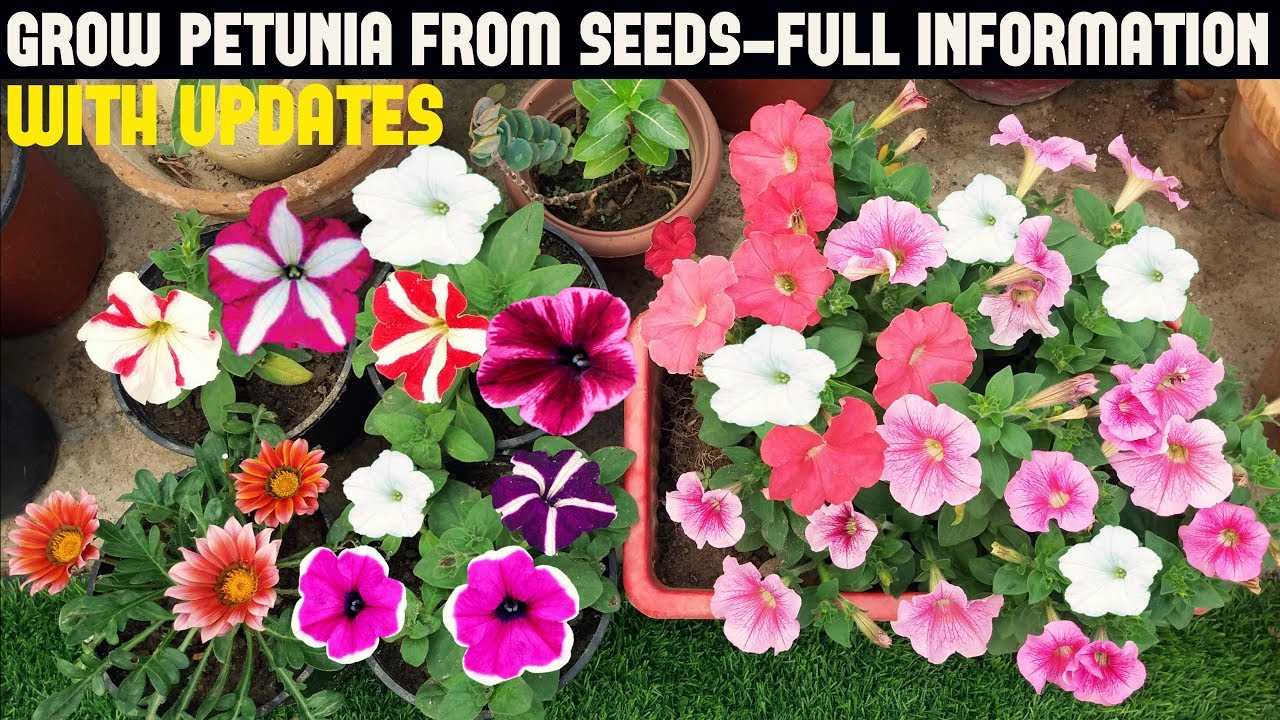
- Choose the Right Soil: For successful ampel petunia sowing, it is important to choose the right soil. Opt for a lightweight, well-draining soil mix specifically formulated for seed starting. Avoid heavy garden soil or topsoil as they can become compacted and hinder seed germination.
- Loosen the Soil: Before sowing ampel petunia seeds, loosen the soil in the seed trays or pots. Use a garden fork or a small hand tool to gently break up any clumps and create a loose, friable texture. This will provide the roots of the seedlings with ample space to grow and establish.
- Moisten the Soil: Prior to sowing the seeds, it is essential to ensure that the soil is evenly moist. Too much moisture can lead to fungal diseases, while too little moisture can prevent the seeds from germinating. Aim for a slightly moist but not soggy consistency. Use a spray bottle or a watering can with a fine nozzle to moisten the soil evenly.
- Level the Surface: After moistening the soil, gently level the surface using the back of a garden trowel or a flat object. This will create a smooth and even surface for sowing the ampel petunia seeds. Avoid compacting the soil during this process.
- Label the Containers: Before sowing the seeds, it is important to label the containers with the variety and sowing date. This will help you keep track of the different varieties and ensure proper care and maintenance throughout the germination and growth process.
Ensure Proper Moisture Levels
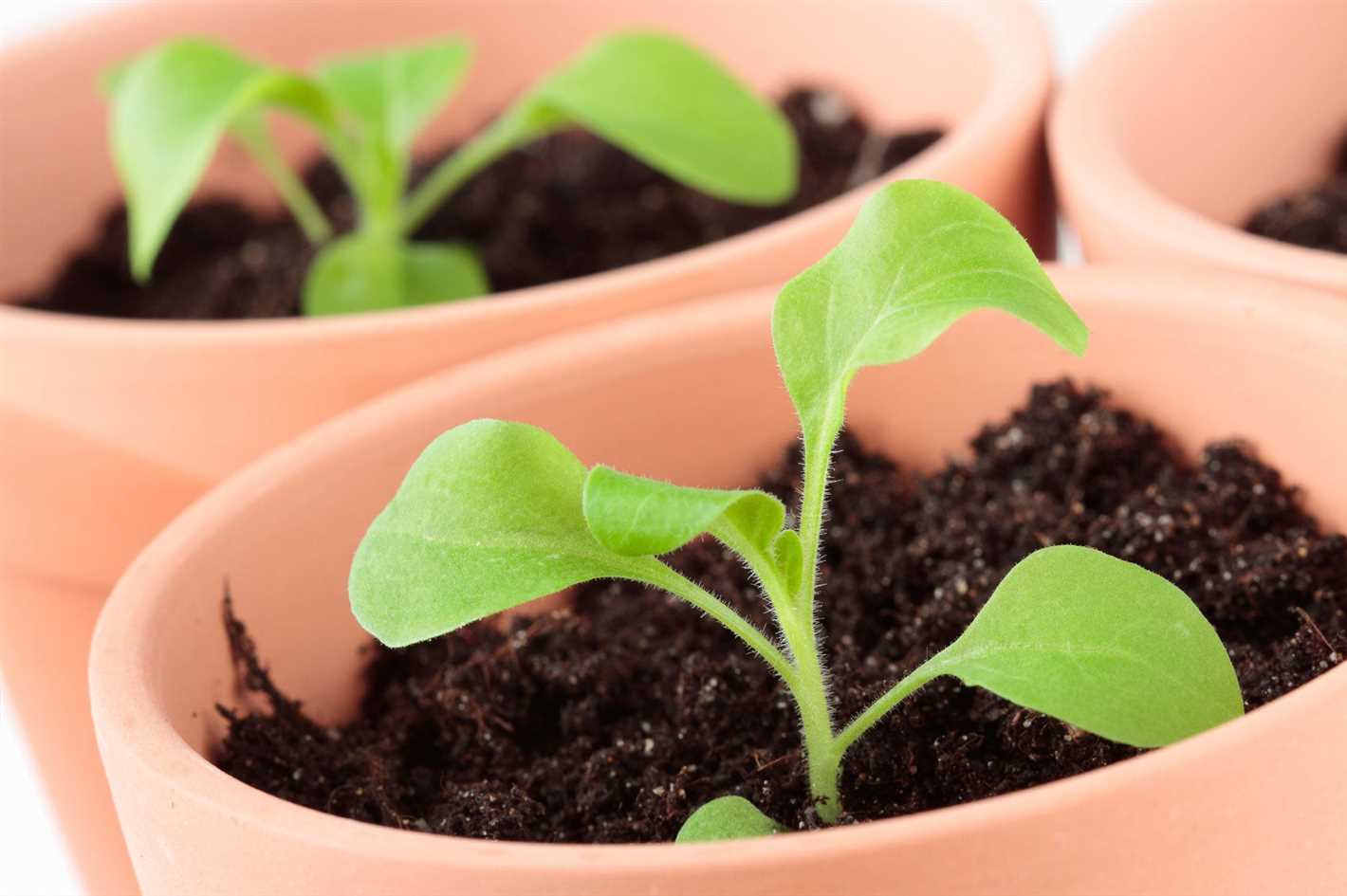
One of the most critical factors in successful ampel petunia seed germination is maintaining proper moisture levels in the soil. Too much or too little moisture can prevent the seeds from sprouting and can lead to seed rot or damping off.
Here are some tips to ensure the right moisture levels for your ampel petunia seeds:
- Pre-soak the soil: Before sowing the seeds, make sure to moisten the soil to the proper level. The soil should be damp but not soggy. This will provide a favorable condition for the seeds to germinate.
- Use a well-draining soil mix: Ampel petunias prefer well-draining soil to prevent waterlogged conditions. You can use a commercial seed-starting mix or a homemade mixture of peat, perlite, and vermiculite to ensure proper drainage.
- Water the seeds gently: After sowing the seeds, water them gently using a spray bottle or a watering can with a fine rose head. Avoid using a strong stream of water, as it can displace the seeds or compact the soil too much.
- Cover the seeds: To maintain the moisture levels, cover the seeds with a thin layer of vermiculite or a seed-starting mix. This will help retain moisture and protect the seeds from drying out too quickly.
- Mist the seeds regularly: To ensure continuous moisture, mist the seeds and the soil surface regularly. This will help prevent the soil from drying out and provide a favorable environment for germination.
Monitoring the moisture levels throughout the germination period is essential. Keep an eye on the soil and adjust the watering accordingly. Remember not to overwater, as excessive moisture can lead to fungal diseases.
Monitor Temperature
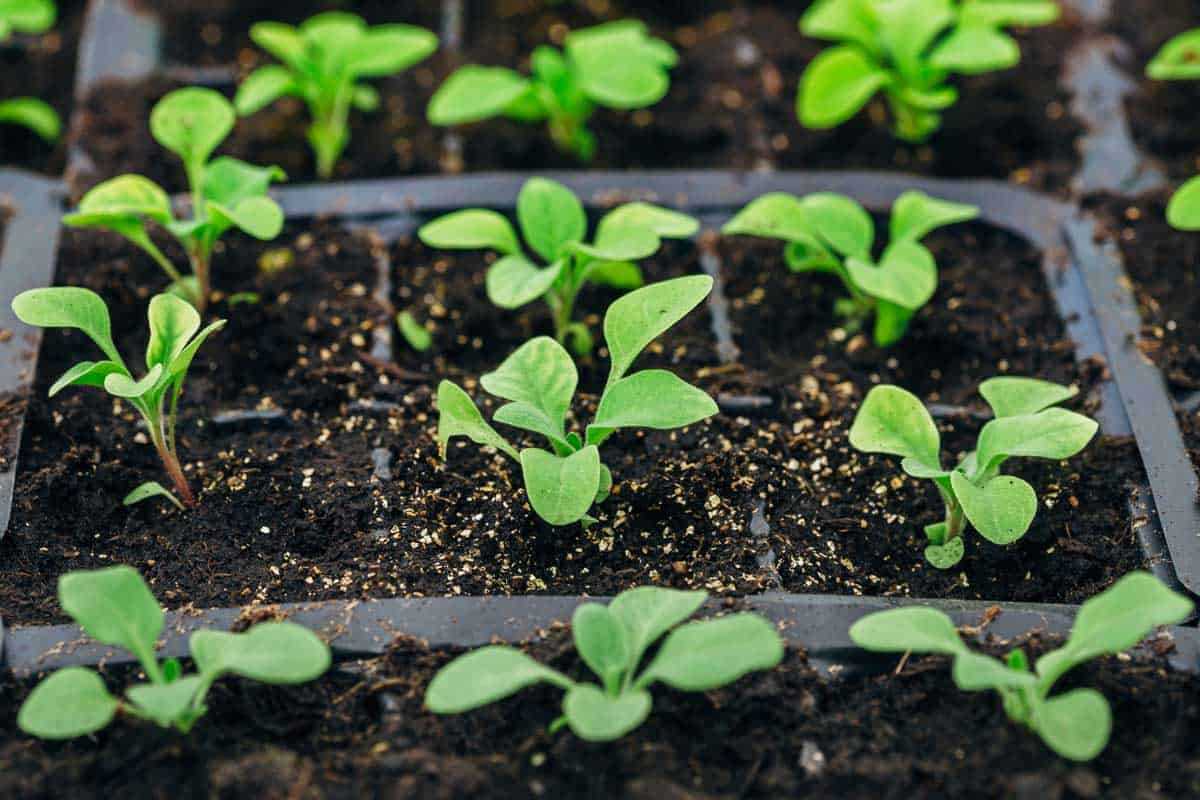
Temperature plays a crucial role in the germination process of Ampel Petunia seeds. It is important to monitor the temperature in order to create optimal conditions for seed germination.
Ampel Petunia seeds require a consistent temperature range of 70 to 75 degrees Fahrenheit (21 to 24 degrees Celsius) for successful germination. Fluctuations in temperature can affect the germination rate and lead to poor or no germination.
To ensure a consistent temperature, it is recommended to use a seedling heat mat or a propagator. These tools provide a controlled environment that maintains the desired temperature range and prevents fluctuations.
It is also important to place the seeds in a warm location in your home or greenhouse. Avoid exposing them to cold drafts or extreme temperatures that can hinder germination.
Regularly monitoring the temperature during the germination period is essential. Use a thermometer to check the temperature regularly and make any necessary adjustments to maintain optimal conditions.
By monitoring the temperature and providing the ideal conditions, you can greatly improve the germination rate of Ampel Petunia seeds and increase the chances of successful sowing.
Avoid Overcrowding
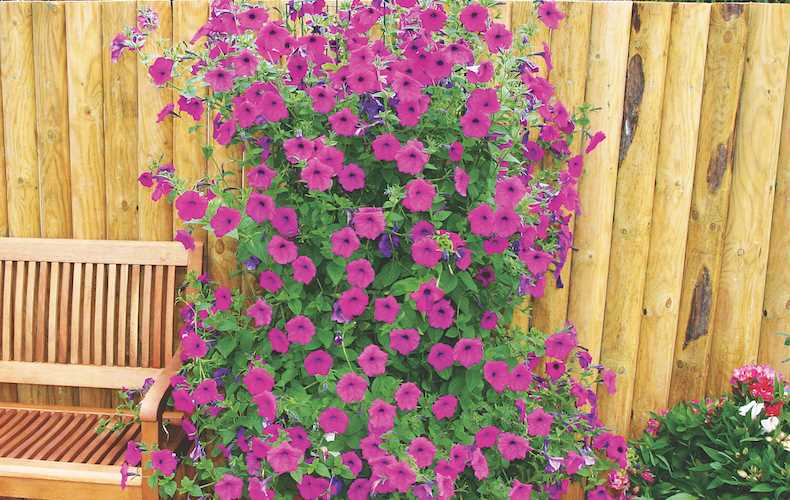
One common mistake that many people make when sowing ampel petunia seeds is overcrowding them. Overcrowding occurs when you plant too many seeds in a small space, resulting in limited airflow and sunlight. This can lead to poor seed germination and stunted growth.
To avoid overcrowding, it is important to follow the recommended spacing guidelines for the specific variety of ampel petunias you are planting. These guidelines will typically indicate the optimal distance between each seed or seedling.
Overcrowding can also occur if you sow too many seeds in a single container or tray. It is important to sow the seeds at the recommended spacing, leaving enough room for each seed to develop and grow properly.
Another tip to avoid overcrowding is to thin out the seedlings once they have sprouted. Thinning involves removing some of the excess seedlings to create more space for the remaining plants. This allows them to receive adequate nutrients and reduces competition for resources.
By avoiding overcrowding, you can ensure that your ampel petunia seeds have enough space to grow and thrive, resulting in healthier plants and more successful germination.
Regularly Check for Pests
Checking for pests is an important step in the successful sowing of ampel petunia seeds. Pests such as aphids, whiteflies, and mites can all cause damage to the seedlings and prevent them from growing properly. By regularly inspecting your plants for signs of pests, you can catch any infestations early and take appropriate action to prevent further damage.
Here are a few tips for checking for pests:
- Visual Inspection: Regularly inspect the leaves, stems, and flowers of your ampel petunia plants. Look for signs of small insects, webs, or any unusual discoloration or damage.
- Use a Magnifying Glass: Some pests, like mites, can be difficult to see with the naked eye. Use a magnifying glass to get a closer look at your plants and identify any pests that may be hiding.
- Check the Undersides of Leaves: Pests often hide on the undersides of leaves, so be sure to check there as well. Gently lift up the leaves and inspect for any signs of pests or their eggs.
- Monitor Plant Health: Pests can cause stunted growth, wilting, or other signs of stress in your plants. Keep an eye on the overall health of your ampel petunias and take immediate action if you notice any unusual symptoms.
If you spot any pests or signs of infestation, it’s important to take action quickly. There are various methods for controlling pests, including using insecticidal soaps, sprays, or natural predators. Choose the method that’s best suited to your particular situation and follow the instructions carefully.
By regularly checking for pests and taking prompt action, you can help ensure the successful germination and growth of your ampel petunia seeds.
Be Patient and Gentle with Transplanting
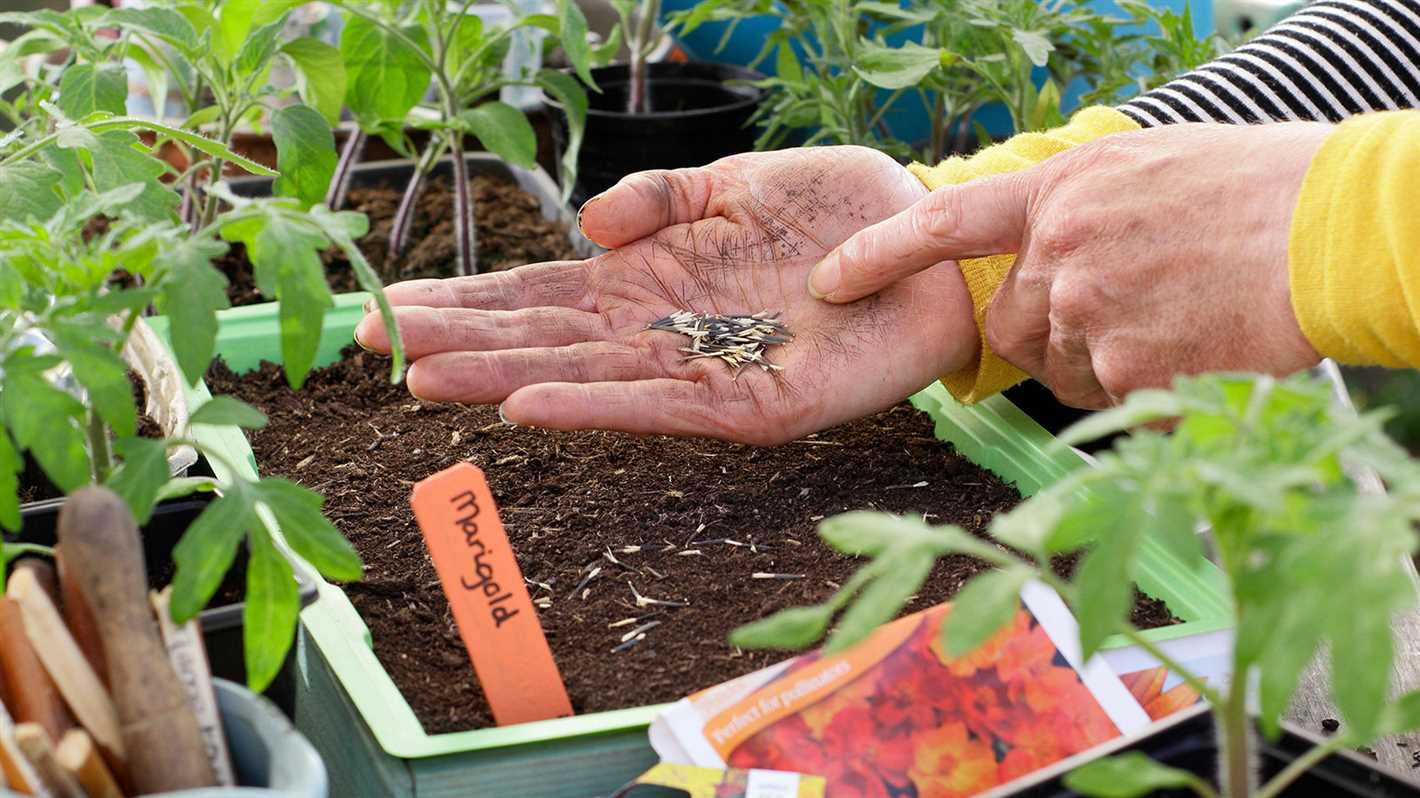
Transplanting ampel petunias can be a delicate process, and it’s important to be patient and gentle when moving the seedlings to their final growing location. By taking the time to carefully transplant your petunias, you can ensure their success and minimize the risk of damaging the delicate roots.
Here are a few tips to help you with the transplanting process:
- Timing: Wait until the petunia seedlings have developed strong roots and are at least 2-3 inches tall before transplanting. This will give them a better chance of surviving the transplanting process.
- Preparing the soil: Make sure the soil in the new planting location is well-draining and nutrient-rich. Remove any weeds or debris from the area and loosen the soil with a garden fork or trowel.
- Watering: Water the seedlings thoroughly before transplanting to help keep the roots moist and make it easier to remove them from their original container.
- Transplanting technique: Gently loosen the soil around the seedling with a small shovel or your fingers, being careful not to damage the roots. Hold the seedling by the leaves or root ball, avoiding pulling on the stem. Place the seedling in the prepared hole and gently firm the soil around the roots.
- Watering after transplanting: Water the transplanted seedlings immediately after planting to help settle the soil and provide moisture to the roots. Keep the soil evenly moist during the first few weeks after transplanting to help the seedlings establish themselves.
By being patient and gentle with the transplanting process, you can give your ampel petunias the best chance of thriving in their new location. Remember to monitor their progress and provide appropriate care, such as regular watering and fertilizing, to ensure healthy growth throughout the growing season.
Questions and Answers:
Why are my Ampel Petunia seeds not germinating?
There could be several reasons for your Ampel Petunia seeds not germinating. Some of the common mistakes that prevent seed germination include planting the seeds too deep, not providing enough moisture, exposing the seeds to extreme temperatures, or using poor quality seeds.
What is the optimal depth to plant Ampel Petunia seeds?
The optimal depth to plant Ampel Petunia seeds is about 1/8 inch. Planting the seeds too deep can prevent them from receiving enough light and moisture to germinate successfully.
How often should I water Ampel Petunia seeds?
Ampel Petunia seeds should be kept consistently moist during the germination process. You can lightly mist the soil or use a spray bottle to water the seeds every day or every other day to ensure they have enough moisture.
Can I use any type of soil to sow Ampel Petunia seeds?
While Ampel Petunia seeds can tolerate a variety of soil types, it is best to use a well-draining soil mix specifically designed for seed starting. This type of soil will provide the right balance of moisture retention and drainage for successful germination.
How long does it usually take for Ampel Petunia seeds to germinate?
Ampel Petunia seeds typically take around 7 to 14 days to germinate, but this can vary depending on the conditions and temperature. It is important to be patient and provide the seeds with the proper care and environment for germination.
Can I start Ampel Petunia seeds indoors?
Yes, you can start Ampel Petunia seeds indoors. This can be done in small pots, trays, or seed starting containers. Just make sure the seeds receive adequate light, warmth, and moisture while they are germinating.
